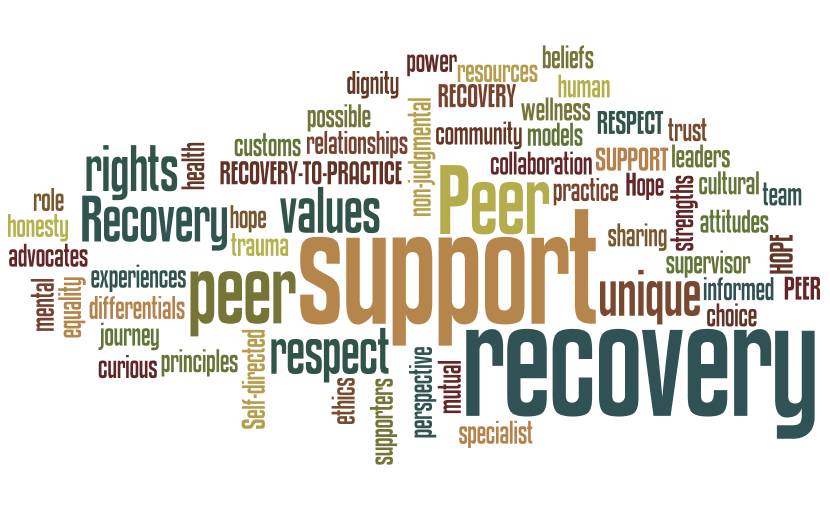Peer Support in Recovery: A First-Hand Look
Mark Weaver began his recovery 31 years ago. He was 16. Yes, there have been ups and downs since that first rehab. But each has only made him stronger and more knowledgeable about addiction. And it’s just that strength and knowledge that shows the importance of peer support in recovery.
“Some people look at those things as like it might have been a failure because I went back out, and I had some other lessons that I needed to learn along the way,” said Weaver to Alaska Public Media. “But for me, I learned some valuable tools in that first rehab that I carried with me throughout my life.”
Indeed he has. These days Weaver serves as a peer support specialist at the Mat-Su Recovery Center in Wasilla, Alaska. And every day he employs what he learned through relapse. It’s keeping people sober too.
Peer Support in Recovery: What SAMSHA Says
The Substance Abuse and Mental Health Services Administration (SAMHSA) defines peer support workers as “people who have been successful in the recovery process who help others experiencing similar situations. Through shared understanding, respect, and mutual empowerment, peer support workers help people become and stay engaged in the recovery process and reduce the likelihood of relapse. Peer support services can effectively extend the reach of treatment beyond the clinical setting into the everyday environment of those seeking a successful, sustained recovery process.”
SAMSHA’s even designed a program to emphasize the importance of peer support in recovery. It’s called BRSS TACS (Bringing Recovery Supports to Scale Technical Assistance Center Strategy). And it’s “enriched by the lived experiences of people in recovery.”
Peer Support Role
As SAMSA notes, “peer support workers engage in a wide range of activities,” including:
- Advocating for people in recovery
- Sharing resources and building skills
- Building community and relationships
- Leading recovery groups
- Mentoring and setting goals
In other words, the role of peer support in recovery has become a crucial core component in the battle against addiction.
Emphasizing Peer Support in Recovery
Healing Properties sober living facility was founded upon the principle of peer support in recovery. And we’ve held true to that core principle since 2002. Not only is our halfway house structured upon sober fellowship, but it’s staffed by alumni in recovery. We’ve learned first-hand that first-hand experience is an invaluable tool in recovery. So it only makes sense that staff are themselves part of the sober fellowship.
It makes even more sense if the peer support is also trained and certified. That’s why the staff at our affiliated Recovery Boot Camp are both in recovery and highly-trained to treat substance abuse disorder. We believe that a successful addiction treatment center requires a staff as qualified to relate to the fellow addict as they are to treat the corresponding addiction. Thus we’ve accordingly compounded the importance of peer support in recovery.
Yes, you’ll find the empathy you need at both HP and RBC. You’ll also get the tools necessary to succeed in long-term sobriety.
